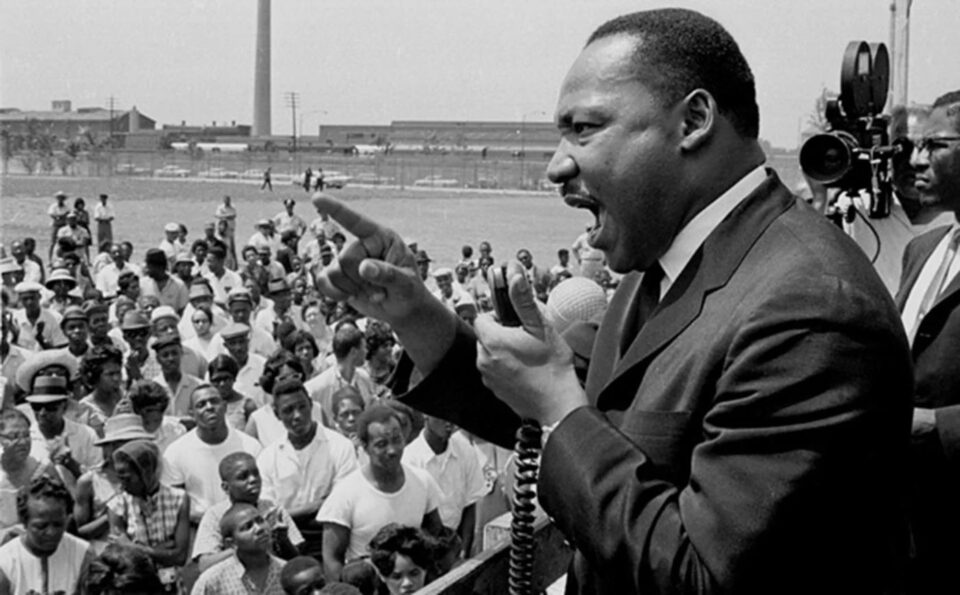The Fair Housing Act of 1968:
Its Promise and Continuing Importance Today
By Rev. Sophia DeWitt, Program Director, EBHO
The Civil Rights Act of 1968, commonly known as the Fair Housing Act, is often considered the last major legislative achievement of the Civil Rights movement. Given the final impetus to pass in the wake of the death of Rev. Dr. Martin Luther King Jr., the law was designed to outlaw housing discrimination based on race, religion, national origin or gender. In 1988, Congress passed the Fair Housing Amendments Act, to extend the prohibition on housing discrimination to disability and family or pregnancy status.
The fight for “open housing”, or housing free from discrimination, had gone on for decades, having been a priority of civil rights groups since the 1930’s. Martin Luther King had focused on the issue of housing discrimination since 1966 when he moved to an African-American community in Chicago. His move was part of an effort to move the work of the Civil Rights movement beyond the South and into the cities of the North and to focus the energy of the movement on issues of economic inequality and poverty. (Read more here)

While the passage of the Fair Housing Act was a legal landmark, the promise of the law was hampered by the lack of enforcement capacity for the law’s provisions. Compliance with the law has largely become an issue of submitting paperwork. Proving housing discrimination and enforcing the law is also notoriously difficult and costly. Housing discrimination based on race still exists all over the country- and housing discrimination based on class has actually increased since the 1960’s. Race concious policies, rather than race neutral ones, are needed to adequately address the issues of discrimination in housing based on race.
Another significant housing law passed that year was the Housing and Urban Development Act of 1968, whose stated intention was to meet the nation’s housing needs and provide everyone with a quality home through the creation of 26 million homes over 10 years, including 6 million for low income families. The law had significant funding allocated to it- but this law as well failed to reach its promise when federal lawmakers cut funding for housing development in successive Administrations. The needed homes were never built.
Racial and other forms of discrimination continue to be a reality in the housing market. There are laws at the state and federal level that work to rectify this inequality; the Department of Housing and Urban Development in the Obama Administration passed rules to Affirmatively Further Fair Housing through lending policies, but those were cut back by the Trump Administration; California lawmakers recently passed a law to outlaw explicit discrimination of Section 8 Voucher holders in housing advertisement, but much stronger race-conscious laws and enforement will be required to repair the inequities in housing based on race. The Fair Housing Act provides a foundation for housing justice that we will continue to build on with our members, partners and advocates across the country.
